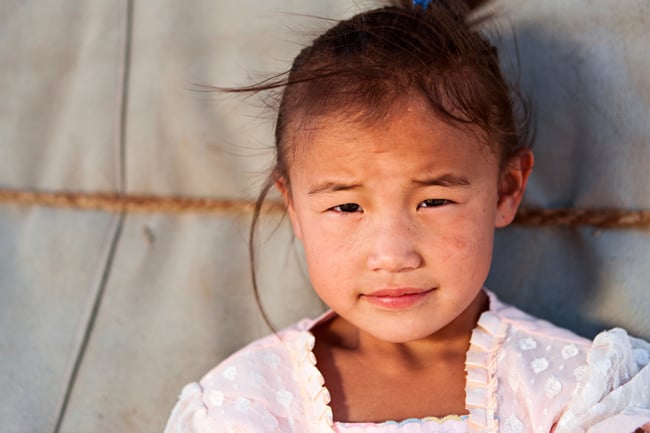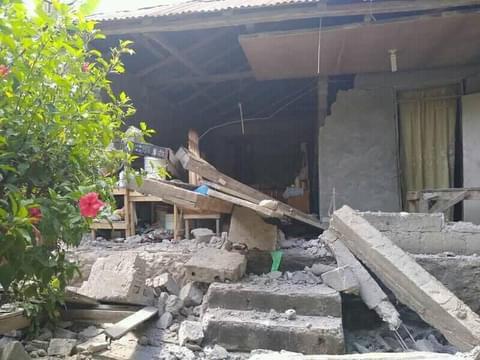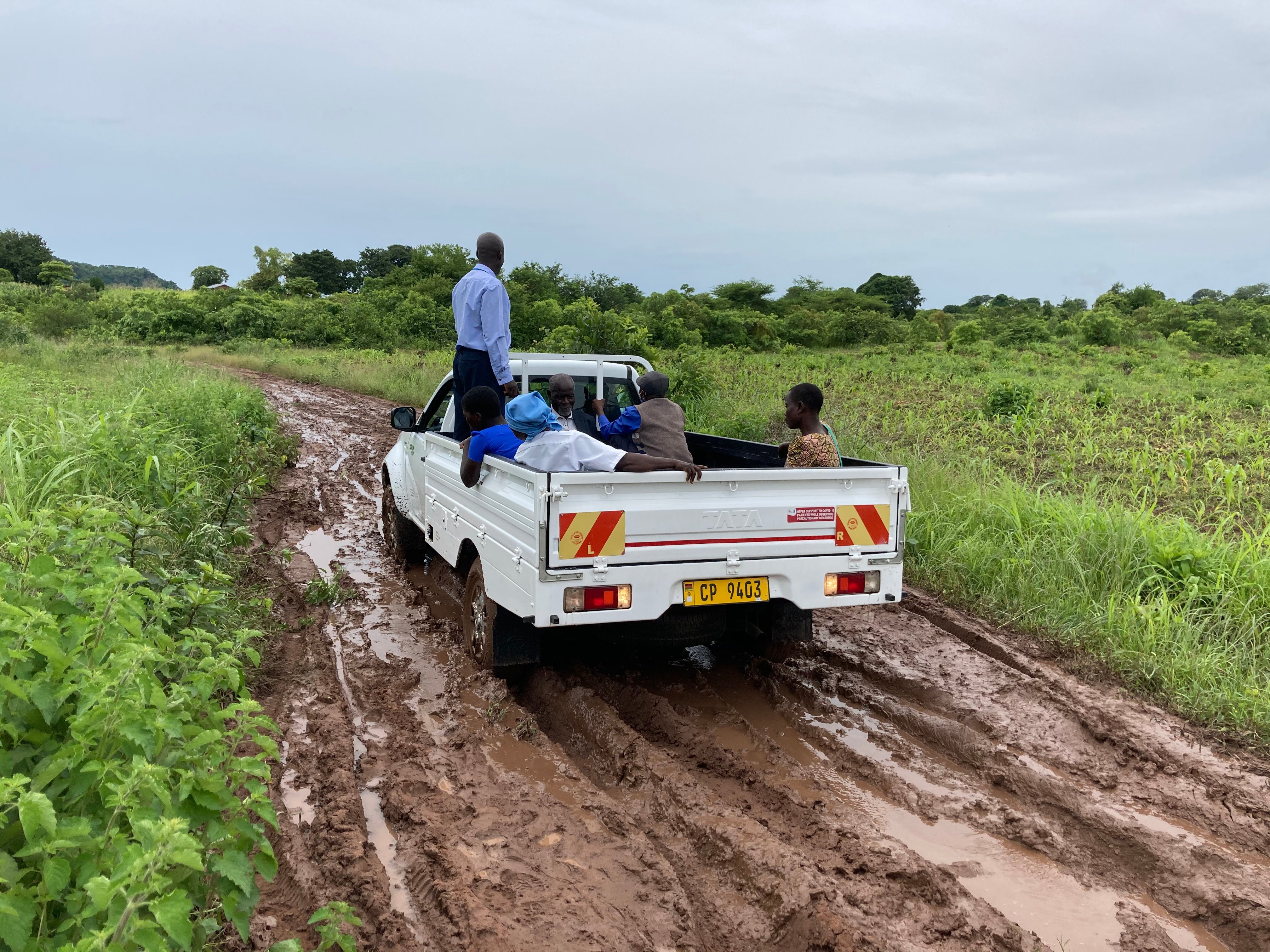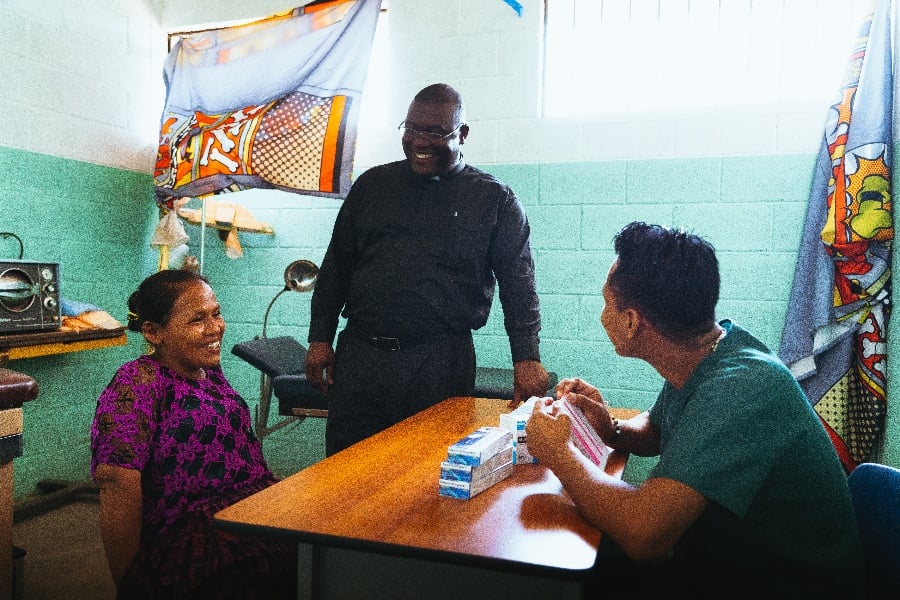
Even though Mongolia has improved in so many ways since 1992, it still continues to struggle.
The country is sparsely populated and has little arable land. It is ranked 103th out of the 166 countries on the UNDP’s Human Development Index.
Despite difficult rural and urban living conditions and a 29.8% national poverty rate, the government does offer universal access to education. Their literacy rate is reported to be at 98.4%.
Girls and women are often more educated than the men – who miss school more often in order to make money in the physical aspects of herding. The parents often think that education is wasted on the boys who are expected to follow in the herding traditions.
Women often delay marriage until after they have finished high school and are actually more educated overall than men. Yet, once they graduate – even if they attain a college degree – they have a difficult time attaining a job or end up at low-end positions. They are motivated to learn and work but the lack of available jobs sometimes leaves them prey to sex-traffickers who promise lucrative careers as flight attendants or university educations abroad to lure them out of the country.
Despite all the government’s efforts at educational improvements, the disparity between the life and education of the rich and the poor remains a huge problem.
Urban schools suffer from overcrowding while the low attendance rates plague the rural schools. Forty percent of the entire population lives in the capital city of Ulan Bator. This population has been increasing as the low-income nomadic herders move into the city. There is now a ring of ger districts around the city that are very low income bastions with very little infrastructure.
Homelessness, alcoholism, sex trafficking and gangs have become a huge problem. Current research suggests that 3,000-5,000 Mongolian girls are forced into sex trafficking and exported into countries around Europe and Asia each year. The Mongolian government does not yet comply with even the minimum standards to combat sex trafficking, so this problem is growing at an alarming rate.
Struggling against the government’s religious restrictions
A little over half of Mongolia's population is Buddhist and most of the remainder is non-religious. Islam, shamanism, and Christianity – primarily Protestantism – have begun to secure a foothold but Buddhism is fighting to label other religions as foreign religions and secure Buddhism as true to the Mongolian identity.
Their concern is growing as over 200 Protestant denominations now have a foothold in Mongolia and are making great progress despite the government’s worries and constrictions against Christian Missionaries.
Bishop Padilla reports: “They don’t like religions to operate. They think we are the opium of the people. But it’s getting less and less, because many of these government officials now are young people who have been educated in Europe or democratic countries.”
Yet, the government still restricts the missionaries tightly. Priests are not allowed to dress like priests in public. One cannot even profess your faith in public, only on Church premises.
Religion cannot be taught in the schools, only on church premises.
The government will not even allow churches to teach catechism to minors under the age of 16 without a parent’s written permission. Even so, in 2012, the Missionhurst team opened the first Catholic elementary school. They now have 85 children in its kindergarten class and another 60 on a waiting list.
Regardless of the immense poverty, disturbing sex-trafficking issues, and difficulties with the government our missionary priests in Mongolia hold onto the unrelenting hope that our Father has huge plans to restore this troubled land.
We believe in the incredible power of prayer — please keep our missionary priests in yours daily.
Interested in learning more about how you can support our work
in Mongolia?








